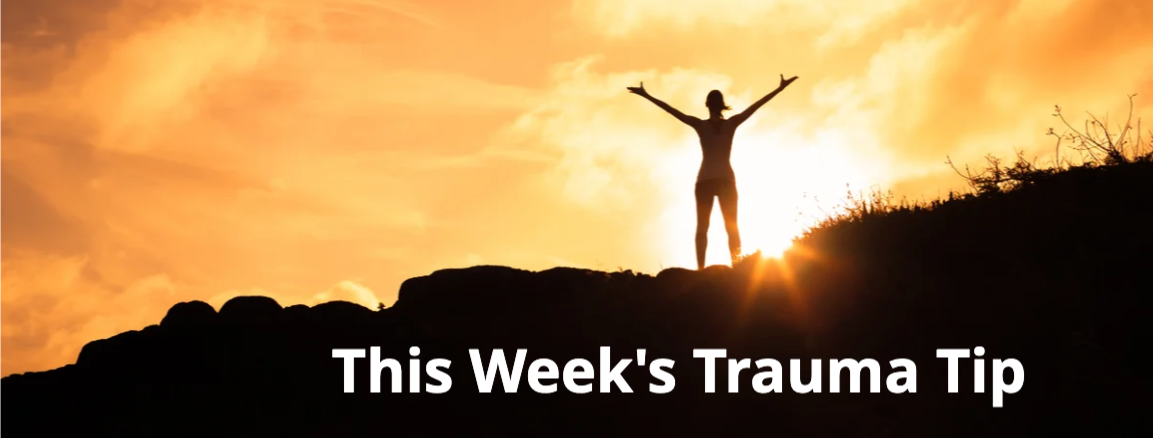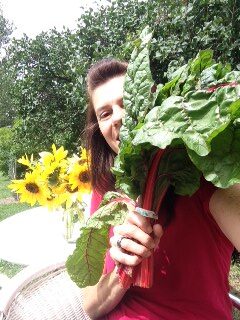
When we’re stressed or depressed, anxious or overwhelmed, it’s difficult to see kindness, isn’t it?
Let’s shift our focus from life’s challenges to the kindness all around us! After all, it’s good for us — and others.
“Knowing that there are people out there with the same kindness in their hearts that you like to keep in yours is a really comforting feeling.”
—Trans teen testifying to Congress
Awhile back I was driving to the UNLV campus here in Vegas. I got stuck at a light on a seedy intersection just east of The Strip.
Sitting in my car waiting for the light to change, I saw a group of teenagers huddled together on the corner. They were wearing hoodies and looked like they were up to NO GOOD.
Then a couple dressed to the nines — obviously tourists — walked by. As they passed the teens, the woman dropped her wallet without realizing it.
One of the teen boys dove for the wallet!
I rolled down my window to tell the woman when I heard the boy say, “Excuse me ma’am, you dropped your wallet.” And then he handed it to her.
What a beautiful kindness to witness! I felt my heart swell. I burst into tears. Not tears of sadness, but tears of tenderness. Tears of joy. Tears of hope in humanity.
The truth is, small kindnesses like this happen all around us all the time.
The question is, do you notice them?
Why Kindness Matters
Kindness makes us feel good physically and mentally. Sure that sounds “woo-woo,” but scientific studies show it’s true. Let’s look at the research on kindness!
When you’re kind to yourself or to others, when someone is kind to you, or when you witness someone being kind to someone else, you’ll reap the benefits below:
- Kindness enhances our happiness and wellbeing.
- Kindness affects our brain’s hormones. It can:
- Increase dopamine — improving our mood, attention, motivation, memory, sleep, digestion, and more.
- Increase serotonin — improving our mood, sleep, digestion, and more. When we have too little, we experience physical and mental health issues.
- Release endorphins — helping us feel less pain.
- Decrease cortisol — helping us feel less stressed.
- This happiness chemical cocktail can lower our blood pressure and reduces inflammation in our bodies, as well as reduce anxiety and depression.
- A study conducted by two researchers at the University of Oxford found that seven days of kindness positively enhanced levels of happiness in the test subjects. This happened no matter the relationship — a friend, family member, stranger, or themselves.
- The same study found that the more kind acts you do, the greater the boost in your happiness and wellbeing.
- Kindness affects our brain’s hormones. It can:
- Kindness helps us feel connection and belonging.
- Kindness releases oxytocin — enhancing our feelings of connection.
- Kindness is contagious and has the power to reduce divisiveness.
- Remember dopamine from above? It’s also is a pleasure-reward hormone. When your brain releases dopamine in response to kindness, your brain craves more kindness! When we receive or witness an act of kindness, we’re more likely to be kind to someone else — and get that dopamine hit.
- In his 2017 book, The Five Side Effects of Kindness, David Hamilton explored the scientific research that shows kindness:
- fosters a sense of belonging and reduces social isolation.
- strengthens relationships — even with those we disagree with.
- Another University of Oxford study had participants practice “befriending mindfulness” to cultivate kindness, compassion and empathy for themselves and others. Guess what? They had an easier time spotting commonalities and feeling more positive toward other people — including strangers not in their own group.
TRAUMA TIP: Look for the Kindness
You’ll need a partner for this one!
- Think of a time you received a kindness or witnessed a kind act.
- Share your kindness story with a friend, loved one, or colleague.
- Notice how you feel sharing your story.
- Ask the other person to share a story from their life about a time they received or witnessed a kind act.
- Notice how you feel hearing your partner’s kindness story.
Just talking about a kind act makes us feel good, doesn’t it?
Observing, remembering, or doing acts of kindness reduces stress. What do you think happens when we’re less stressed?
We’re kinder, happier people!


When I lived in Colorado, my friend Lisa gave me tons of fresh chard and sunflowers from her garden. When she needed help building her cob house, of course I said yes!